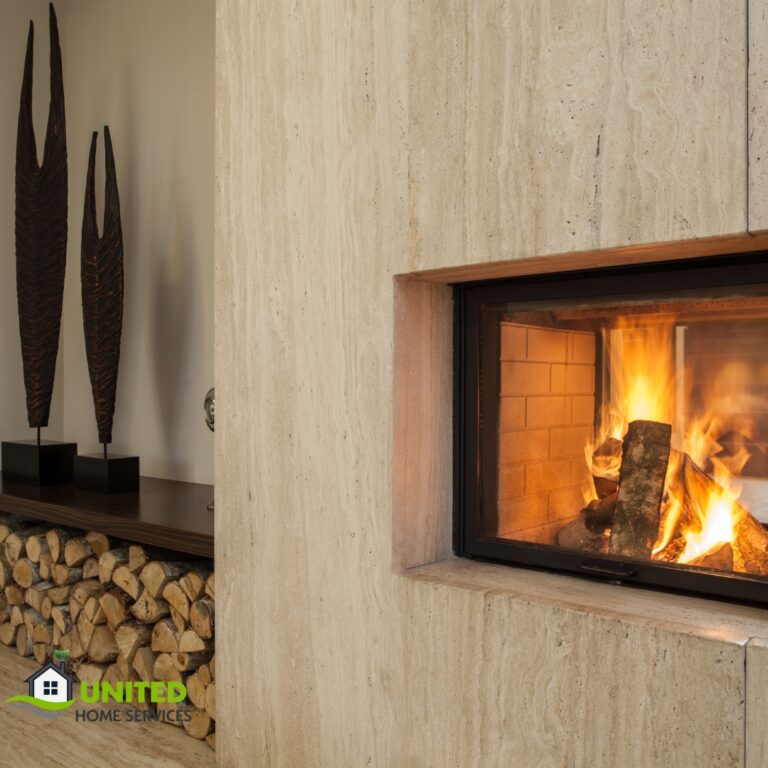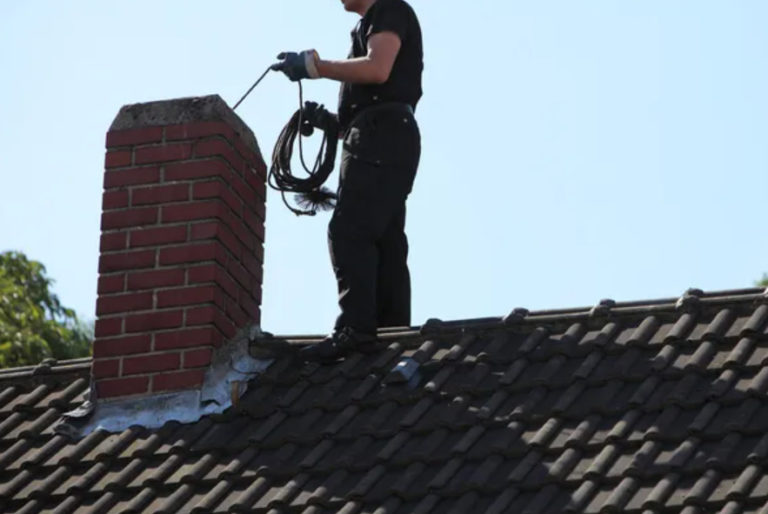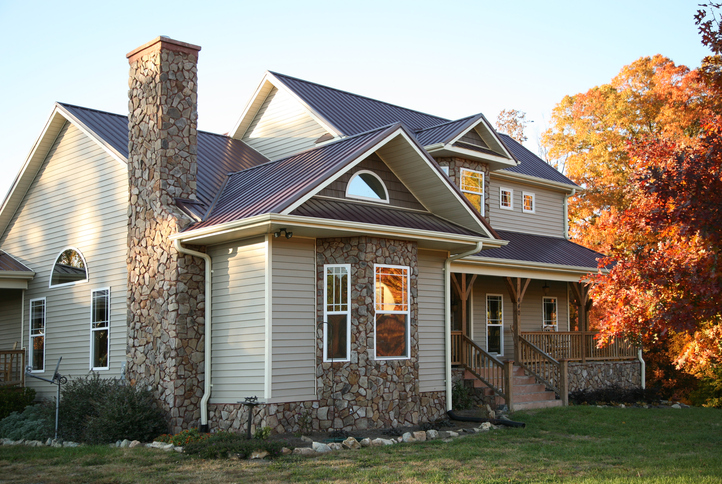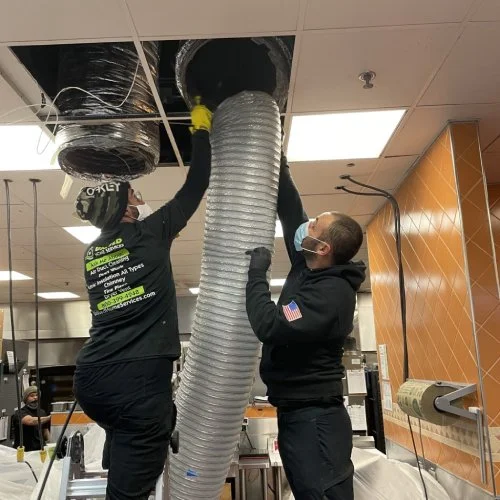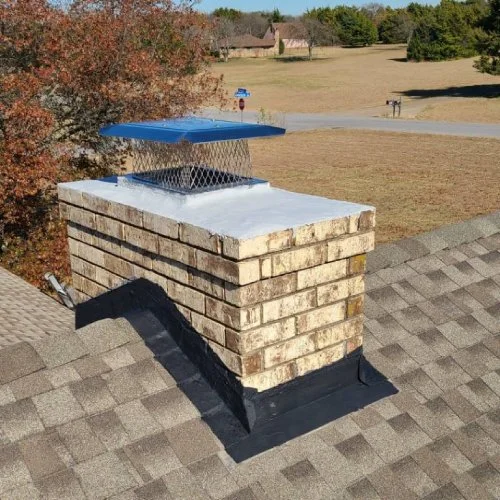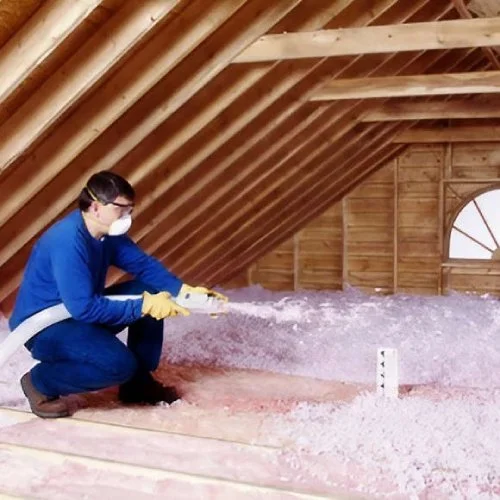When was the last time you hired someone to sweep your chimney? If it has been more than a year, or if you cannot remember how long it might have been, it could be time for you to schedule a proper chimney inspection. A licensed and reputable chimney cleaner can do that for you.
Ideally, you should get someone to inspect and clean your chimney at least once a year. A dirty, clogged-up, or damaged chimney can affect your indoor air quality. Plus, it can increase the risk of fire accidents as well. Let us look at three useful tips that can help you find the best chimney cleaner.
Tips To Find The Best Chimney Cleaner
Finding the right chimney cleaner can be a daunting task, but with these tips, you can make an informed decision about finding a professional for cleaning your chimney properly.
NCSG Certification
This is the first and undoubtedly the most important factor you should take into account while choosing a chimney cleaner. Any chimney cleaning service can claim that they are the best at what they do. But, what separates the wheat from the chaff is the National Chimney Sweep Guild (NCSG) certification.
Widely considered to be the gold standard in chimney cleaning and maintenance, NCSG certification is a sign of professional expertise and knowledge. Chimney technicians are required to pass several exams to obtain the certification. In addition, they need to constantly update their knowledge as well. So, when you choose a chimney cleaner who has NSCG certification, you can be sure that they are as good as they claim to be.
Insurance
Are the chimney cleaners covered by liability insurance? This is something you need to find out before you choose a chimney cleaning service. If they are not, you could potentially be held liable for the property damage and injuries caused to the chimney cleaners as well as other third parties in the event of an accident. So, ask the contractor about liability insurance coverage. In addition, make sure the service provider is in compliance with the local regulations in this regard.
Customer Reviews
When it comes to chimney cleaners, you cannot go simply by what they say about themselves on their blog or website. That is because virtually every service provider may like you to believe that they are the very best. To get the true picture, you need to find out what their customers have to say about their workmanship.
You can check out customer reviews and ratings on websites like Yelp, HomeAdvisor, and Google My Business. If the reviews are mostly positive and the average rating is four or higher, it is a sign that customers are happy with the services of the company. On the other hand, if there are multiple negative reviews and the average rating is lower than 3, it might not be a good idea to do business with them.
Looking for a Reliable Chimney Cleaner? UHS is Here to Help!
If you need to have your chimney inspected, cleaned, repaired, or replaced, the chimney cleaners at United Home Services can help you. Our technicians are NCSG certified, licensed, and bonded and have over 50 years of combined experience in-home services. We can take care of all your chimney-related needs at a cost you can afford.
To schedule a free inspection of your chimney by one of our experienced chimney cleaners, call us today at 844-415-1543. Or, contact us online.
- Chimney Sweep in Addison, TX
- Chimney Sweep in Allen, TX
- Chimney Sweep in Anna, TX
- Chimney Sweep in Arlington, TX
- Chimney Sweep in Balch Springs, TX
- Chimney Sweep in Bedford, TX
- Chimney Sweep in Benbrook, TX
- Chimney Sweep in Blue Mound, TX
- Chimney Sweep in Blue Ridge, TX
- Chimney Sweep in Carrollton, TX
- Chimney Sweep in Cedar Hill, TX
- Chimney Sweep in Colleyville, TX
- Chimney Sweep in Copeville, TX
- Chimney Sweep in Coppell, TX
- Chimney Sweep in Crowley, TX
- Chimney Sweep in Dallas, TX
- Chimney Sweep in Dalworthington Gardens, TX
- Chimney Sweep in DeSoto, TX
- Chimney Sweep in Duncanville, TX
- Chimney Sweep in Euless, TX
- Chimney Sweep in Everman, TX
- Chimney Sweep in Fairview, TX
- Chimney Sweep in Farmers Branch, TX
- Chimney Sweep in Farmersville, TX
- Chimney Sweep in Forest Hill, TX
- Chimney Sweep in Fort Worth, TX
- Chimney Sweep in Frisco, TX
- Chimney Sweep in Garland, TX
- Chimney Sweep in Glenn Heights, TX
- Chimney Sweep in Grand Prairie, TX
- Chimney Sweep in Grapevine, TX
- Chimney Sweep in Haltom City, TX
- Chimney Sweep in Haslet, TX
- Chimney Sweep in Hurst, TX
- Chimney Sweep in Hutchins, TX
- Chimney Sweep in Irving, TX
- Chimney Sweep in Josephine, TX
- Chimney Sweep in Justin, TX
- Chimney Sweep in Keller, TX
- Chimney Sweep in Kennedale, TX
- Chimney Sweep in Lancaster, TX
- Chimney Sweep in Mansfield, TX
- Chimney Sweep in McKinney, TX
- Chimney Sweep in Melissa, TX
- Chimney Sweep in Mesquite, TX
- Chimney Sweep in Murphy, TX
- Chimney Sweep in North Richland Hills, TX
- Chimney Sweep in Plano, TX
- Chimney Sweep in Princeton, TX
- Chimney Sweep in Prosper, TX
- Chimney Sweep in Red Oak, TX
- Chimney Sweep in Rendon, TX
- Chimney Sweep in Richardson, TX
- Chimney Sweep in Rowlett, TX
- Chimney Sweep in Sachse, TX
- Chimney Sweep in Saginaw, TX
- Chimney Sweep in Southlake, TX
- Chimney Sweep in University Park, TX
- Chimney Sweep in Watauga, TX
- Chimney Sweep in White Settlement, TX
- Chimney Sweep in Wylie, TX

